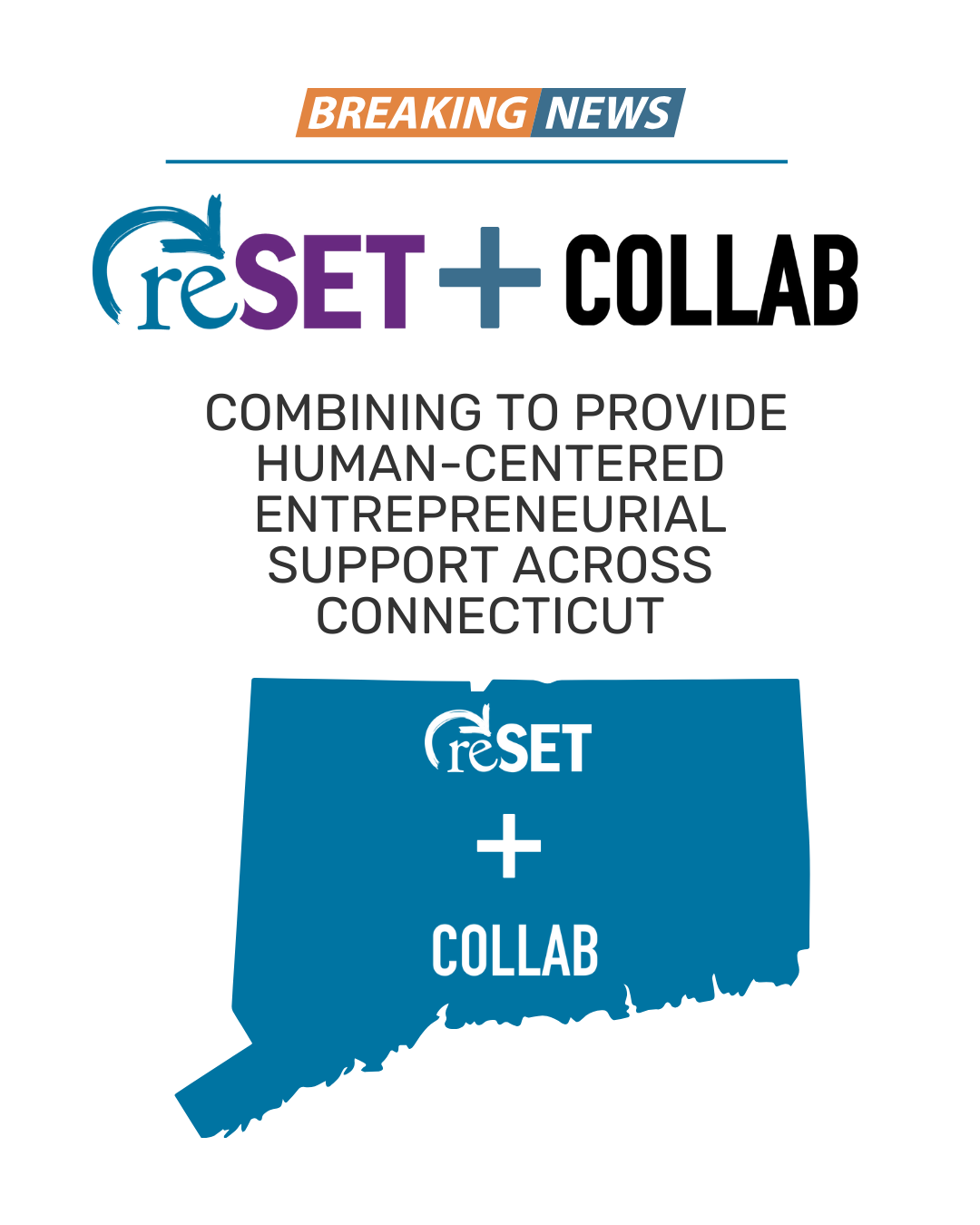My mother always told me it’s not whether you win or lose, but how you play the game. By that measure we did a great job. A dedicated team worked hard to craft legislation that would enable a business to incorporate as a social enterprise in Connecticut, a business whose aim is to make a positive social impact. Businesses like Newman’s Own, the Firebox Restaurant, Kenai Sports, or Jackson Labs.
But somehow we failed. Watching the final rundown to the end of the 2013 legislative session I found myself shouting at my iPad as confidence turned to incredulity, hopes to prayers, and finally to disbelief. How could our bill, which had broad-based support ? including backing by Governor Malloy and the Connecticut Bar Association, and which sailed through the House of Representatives by an overwhelming margin ? just die?
This, I’m told, is politics.
Catherine Smith, Commissioner of the Department of Economic and Community Development and Claire Leonardi, CEO of Connecticut Innovations, testified in favor of the bill. And rightly so: The social enterprise model offers many economic advantages. These businesses are catalysts for sustainable economic development including job creation and tax revenue. They harness the power of the free market to address social problems. They build on best practices from both the nonprofit and for-profit sectors. They attract the best and brightest young graduates ? many of whom are choosing to leave Connecticut, seeking meaningful work; work where they can make a difference as well as a paycheck. And the social enterprise model is not only more satisfying to be part of, but it has also shown itself to be successful and scalable in the more traditional sense as well.
The legislation is important as it not only legitimize social enterprise as a business model, it allows a business to operate without fear that an investor might sue for not being single-mindedly focused on profits, and it makes a clear statement to potential customers about the values of the business they are dealing with.
The importance of this missed opportunity to Connecticut was brought home by a report of the U.S. Commerce Department confirming that Connecticut’s economy contracted in both 2011 and 2012. Connecticut’s economy is, at best, vulnerable ? some would say we are in crisis ? and legislation that encourages jobs and tax revenue must be given the highest priority.
But somehow, in overtime, we lost. The clock ran out. It’s a shame – not just in principle, but in dollars and sense (pun intended). But my mother also told me that when something is worth doing, it’s worth pursuing. So we are setting our sights on 2014 and hoping that the stars will align and we can bring this legislation home for all the people who believe that business can and should be used to help solve some of the big problems of our day.
We know that legislation alone won’t create a robust social enterprise sector in our state. To this end reSET, the Social Enterprise Trust is working along many fronts, offering social entrepreneurs space, programs, funding, and other services to help launch and grow their businesses, which will in turn create jobs that solve community problems.
We just opened a new social enterprise incubator and co-working space on 99 Pratt Street in Hartford and we would welcome anyone interested in learning more about social enterprise, reSET, helping us get this legislation passed, and making Connecticut a hub of social enterprise to join us at our official opening and ribbon cutting on Thursday, June 27th from 5 to 7 pm, Suite 200. Entrepreneurs interested in taking space on a full- or part-time basis ? both social entrepreneurs and others ? can visit www.SocialEnterpriseTrust.org or call 860-560-9120 to learn more.
As far as the legislation… We’ll be back in 2014 to get it done. After all, Hope is not just my middle name, it’s my mother’s name too!








